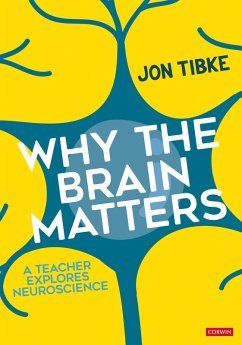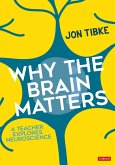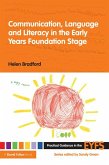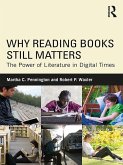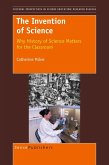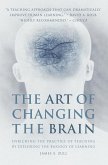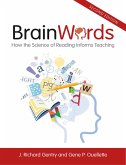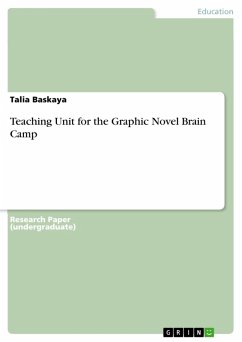Educational neuroscience is one of the most hotly debated areas of research and is often misrepresented with grand claims for what it means for teaching and learning. Is each side of the brain responsible for different types of mental activity? Can listening to Mozart improve long-term brain function? Can neuroscience help with reading, or student motivation? In this book, teacher, education consultant and researcher Jon Tibke fact-checks prevailing 'neuromyths' by shining a light on what scientific research is truly relevant for the classroom and exploring the current limits of our understanding. Evidence-informed and complemented by thought-provoking practical tasks, this book will challenge readers to think critically about the human body's most complex organ.
Dieser Download kann aus rechtlichen Gründen nur mit Rechnungsadresse in A, D ausgeliefert werden.
'Many books based on arcane PhD research read like books based on arcane PhD research. Tibke's is a delightful exception. Whilst its roots are indeed steeped in a solid evidence-base, and he certainly doesn't sidestep the crucial debates, it is a beautifully-written and accessible book - respectful of the field's technical complexities and terminology yet jargon-free in its elucidation, ambitious in its scope yet modest in its claims, simultaneously coolly detached and warmly empathetic, unashamedly on the side of the hard-pressed teacher yet wisely non-ideological and disinterested (in the best and traditional sense of the word). In short, this is a state-of-an-evolving-art summary of a ferociously complex and still immature subject - the brain and its implications for educators. Written by a true educator, certain chapters in particular (eg chapter 4 on the neuromyths) should be required reading for all educational policy-makers and teachers.'
Dr Barry Hymer University of Cumbria
Dr Barry Hymer University of Cumbria

